
How to Apply for an FCC ID?
What is FCC-ID Certification?
FCC-ID is a mandatory certification required in the United States for complex wireless products. It applies to devices with radio frequency transmission capabilities, such as Bluetooth devices, WiFi devices, wireless alarm systems, radio transceivers, telephones, and computers. The certification process is approved by FCC TCB (Telecommunication Certification Bodies), and the certification can be verified on the official FCC website.
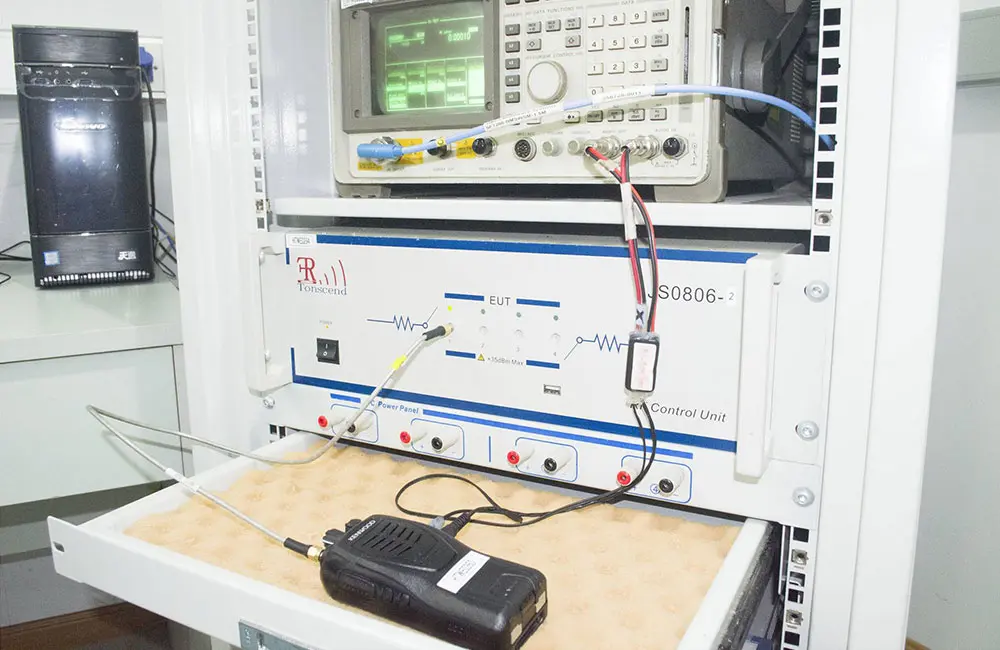
- Certification Period: 3-4 weeks
- Factory Inspection: Not required
- Validity: Long-term, provided product standards remain unchanged
Significance of FCC Certification
- Applicable Region: Covers all 50 U.S. states, the District of Columbia, and U.S. territories.
- Global Recognition: Widely accepted by regulatory bodies, manufacturers, and suppliers worldwide. In some regions, fcc standards are a legal requirement for production or import, enhancing supply chain quality control.
- Confidentiality Option: Companies can opt to keep their fcc certificates confidential, making them inaccessible on the FCC website.
- Official Website: [www.fcc.gov](http://www.fcc.gov)
Introduction to Wireless Products
Wireless products are devices that operate without wired connections, featuring systems for transmitting and receiving wireless signals.
- Typical Wireless Devices: Mobile phones, wireless networking devices, cordless phones, wireless intercoms.
- Non-Wireless Devices: Landline phones, computers without wireless signal systems.
How to Search for an fcc id in the U.S.
1. Visit the [FCC ID Search Page](http://transition.fcc.gov/oet/ea/fccid).
2. Enter the following information:
- Grantee Code: The first 3 letters of the FCC ID.
- Product Code: The remaining part of the FCC ID.
- Applicant Name: Company name. Click "Start Search."
Steps to Apply for FCC-ID
1. Obtain an FRN (Grantee Code):
- First-time applicants must acquire a Grantee Code and conduct equipment testing.
2. Prepare and Submit Materials:
- Include FCC Form 731 and Form 159, test reports, and other necessary documentation.
3. Certification Timeline:
- FCC processing takes up to 60 days. Once the Original Grant Certificate is issued, the product can be sold or exported.
Detailed FCC-ID Application Steps
1. Application Form:
- Fill out the application form (template provided).
- Provide product details, such as manuals, circuit diagrams, descriptions, and BOMs.
2. Quotation:
- Determine testing standards, timeline, and costs based on submitted information.
3. Payment and Sample Submission:
- Sign a contract, make payment, and prepare samples for testing.
4. Testing:
- Testing is conducted in accredited laboratories (e.g., China JJR Laboratory).
5. Report Submission:
- Submit the test report to an FCC-authorized body for review.
6. Certification Issuance:
- Once approved, the company receives the FCC certificate and can use the FCC mark.
Required Documents for FCC-ID Certification
1. General Documents:
- Application Form: Company name, address, contact details, and product name.
- Authorization Letter: Signed and stamped scanned copy.
- Confidentiality Agreement: Signed with the TCB.
- Block Diagram: Including crystal frequency and location, consistent with the circuit diagram.
- Circuit Diagram: Aligns with the block diagram in frequency, count, and positioning.
- Line Description: Explains product functionality and principles in English.
- User Manual: Includes FCC warnings.
- Label and Location: Clearly displays FCC ID and relevant declarations.
- Product Photos: Clear internal and external photos, with annotations if necessary.
2. Additional Materials for 4G/Bluetooth Applications:
- Product name, model, applicant’s address, and contact information.
- Transmission frequency and working band.
- Grantee Code and FCC Registration Number (FRN).
- Label specifications and location.
- Function and principle description, block diagram.
FCC Technical Report Requirements
- Manufacturer and applicant details (name and address).
- FCC ID and label photos.
- Installation and operation instructions.
- Emission frequency, power range, and adjustment methods.
- Circuit diagrams and principle descriptions.
- Clear internal and external product photos, showing structural layout.
- Modulation features for digital modulation products.
- Performance testing methods and results.
FCC-ID Testing Items
- EMC (Electromagnetic Compatibility)
- RF (Radio Frequency)
Penalties for Non-Compliance
The U.S. imposes severe penalties for violations:
1. Product Seizure
2. High Fines: Ranging from $100,000 to $200,000
3. Double Sales Revenue Fines
4. Daily Fines: Up to $10,000 per day
Violations may lead to bankruptcy, underscoring the importance of strict compliance with FCC regulations.
Email:hello@jjrlab.com
Write your message here and send it to us
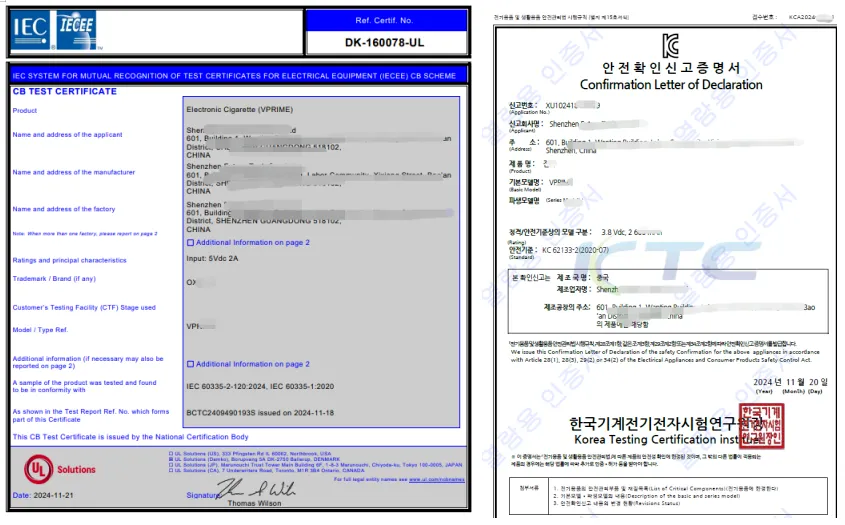 How to get the CB+KC Certification for E-Cigarette
How to get the CB+KC Certification for E-Cigarette
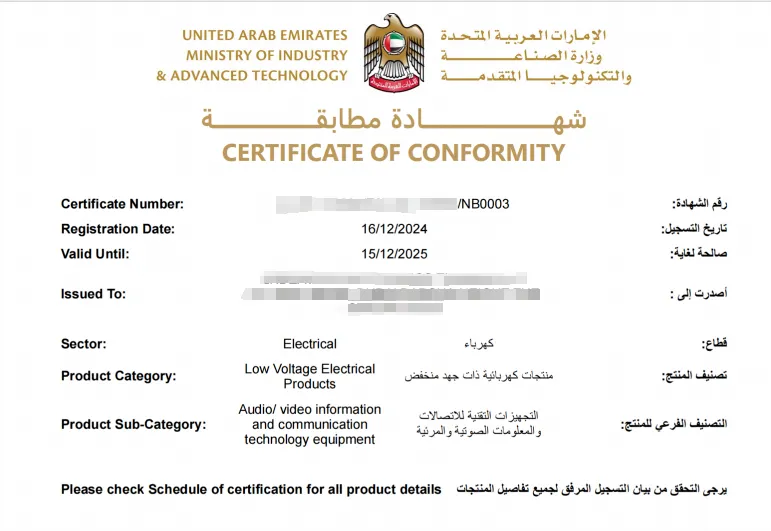 How to get UAE ECAS Certification?
How to get UAE ECAS Certification?
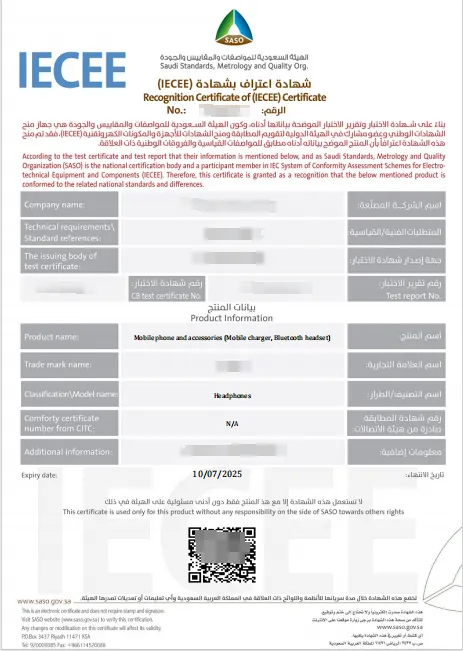 How to get Saudi IECEE Certification?
How to get Saudi IECEE Certification?
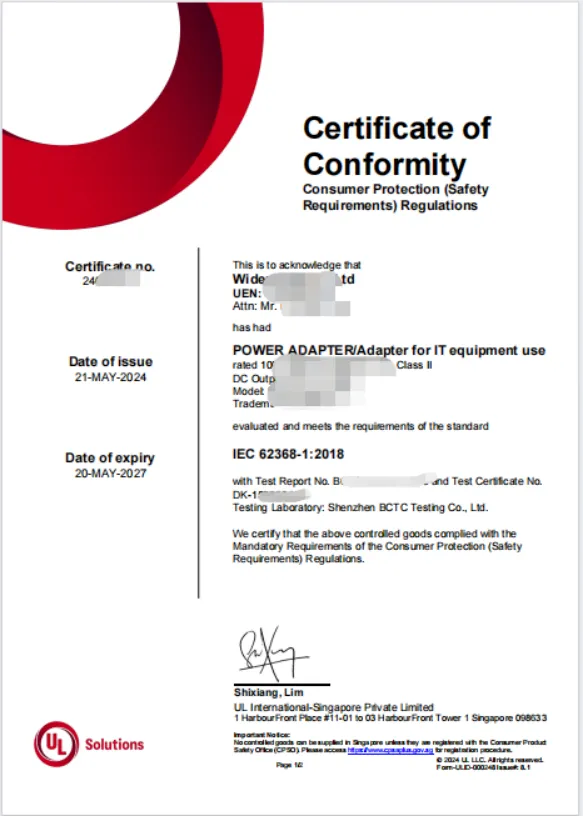 How to get the Singapore PSB Certificate?
How to get the Singapore PSB Certificate?
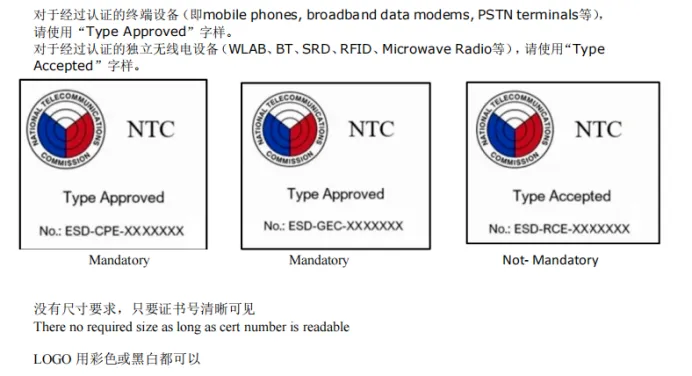 How to get the Philippines NTC Certificate?
How to get the Philippines NTC Certificate?
 Understanding US CPSIA Product Certification
Understanding US CPSIA Product Certification
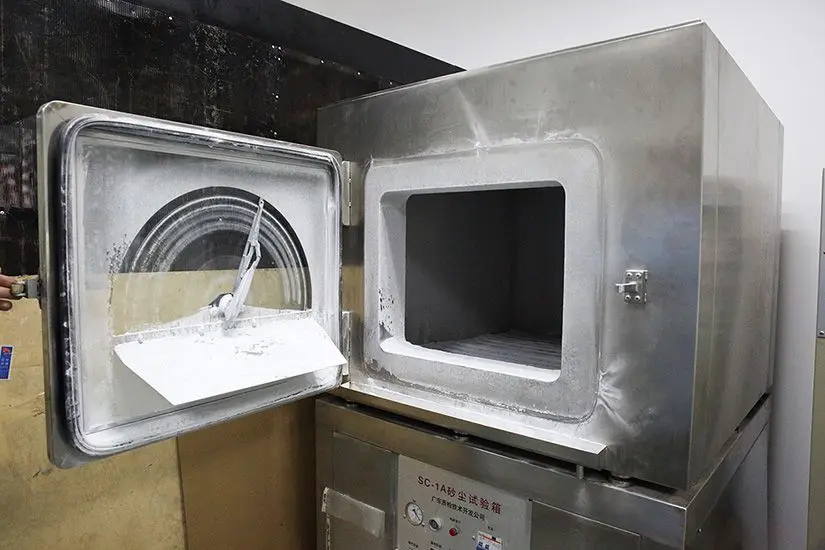 How Much Does CPSIA Certification Cost?
How Much Does CPSIA Certification Cost?
 CPSIA Certification Requirements
CPSIA Certification Requirements
Leave us a message
24-hour online customer service at any time to respond, so that you worry!




